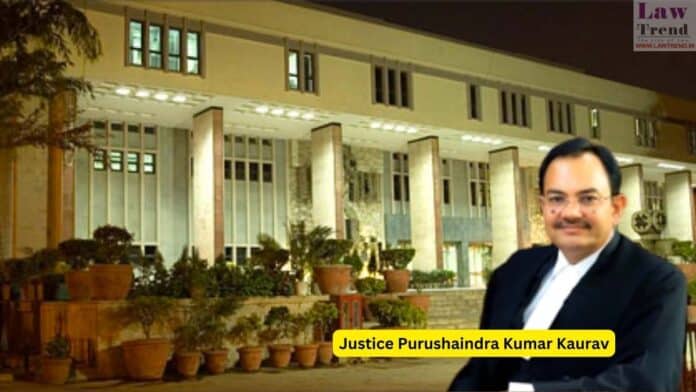In a pivotal ruling that explores the evolving intersection between defamation law and internet communication, the Delhi High Court has addressed the pivotal legal question: Does hyperlinking defamatory content on the internet amount to a fresh act of defamation, giving rise to a new cause of action? The case, Ruchi Kalra & Ors. v. Slowform
To Read More Please Subscribe to VIP Membership for Unlimited Access to All the Articles, Download Available Copies of Judgments/Order, Acess to Central/State Bare Acts, Advertisement Free Content, Access to More than 4000 Legal Drafts( Readymade Editable Formats of Suits, Petitions, Writs, Legal Notices, Divorce Petitions, 138 Notices, Bail Applications etc.) in Hindi and English.




